Blog
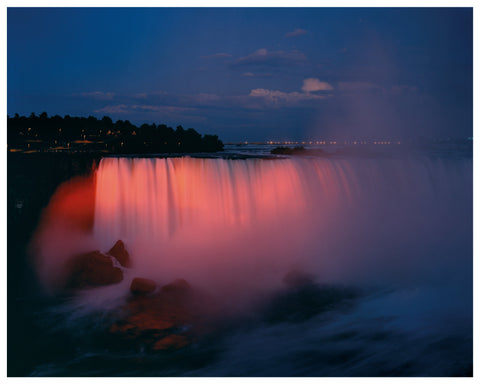
We were southerners. People accustomed to the south’s smallness, its lack of majesty and moment – not at all people who “traveled,” but who only took “trips” to single destinations for single reasons, after which we came home where we belonged. Still. Easy to imagine how the great national cataract could appeal to us – we, who had to be up north, anyway, this one time – even if the appeal didn’t feel instinctual, seemed a bit wrong, even if we’d never known we wanted to go or could go, only knew about the falls off the cereal box, and then only that it was there.
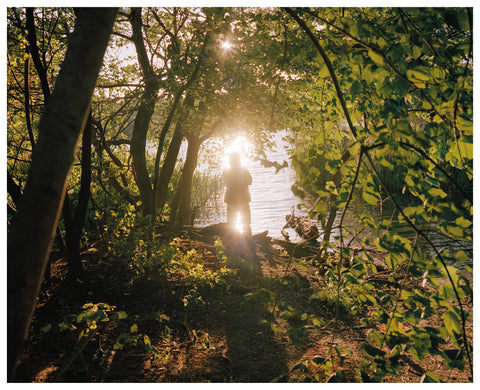
Someone in heaven must have sketched the panorama stretching before me: people at rest, tucked into nooks and crannies. In each pocket is a different group or family, lovers, friends, different ethnic backgrounds, cultures, religions, all sharing the same place, the same lazy instant. This kaleidoscope, so serene and sublime, feels almost unreal, like a mirage. To make sure it’s true, I take a picture.
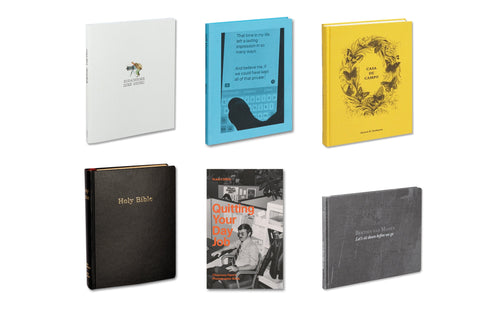
I love deeply everything about this book, starting with the title, quietly printed on a modest cover. The Russian superstition, which I practice devoutly, of sitting for a hushed moment before a long trip, evokes the sadness of goodbyes and the thrill of upcoming voyage. And I love the voyage that ensues here, thrusting us without introduction or ceremony into cramped apartments, saunas, buses, the gorgeous expanse of wilderness and stretches of streets; unabashed but awkward bodies fighting the cold, luxuriating in the sun; shared tea, cheap alcohol, and food around small kitchen tables or wherever it can be found.
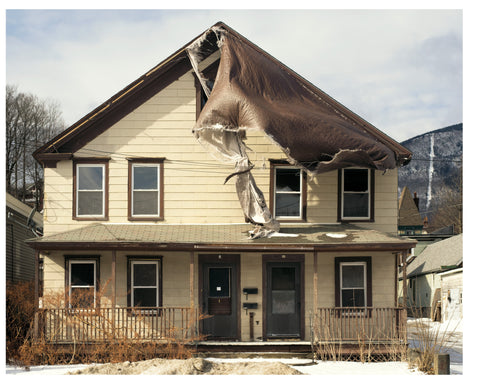
This is the only place that has ever felt like home to me. My entire life I have moved through Franklin County with an entitled sense of belonging and a false sense of understanding. I’ve watched as buildings have disappeared — burned down, collapsed or abandoned and torn down. But for the most part things have stayed the same. The typewriter store on Bank Row has been there my whole life, as well as the stationer on Main Street. The people carry the residue of the long-gone factories, and houses fill and empty at a generational pace, leaving behind the layers of history on their painted and repainted Victorian clapboards.
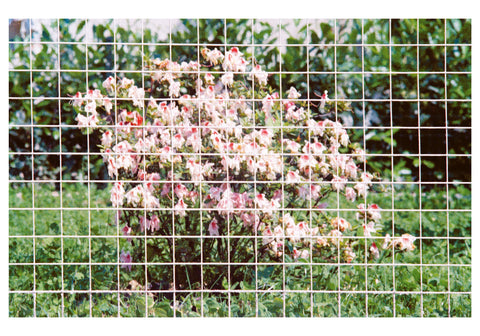
Colazione sull’Erba is a subtle, geometric poem on the relationship between man and nature. It is a matter of reciprocal influences, relationships, symbioses and battles. Here man appears as a product of nature, upon which his very survival depends, while nature is symmetrically a product of man, who shapes it in his own image and likeness. The woman in Annihilation, immobilized (as in a photograph) by roots and transformed into an Arcimboldoesque figure, corresponds to the dozens of compositions of flowers and plants amassed by Ghirri in his series. Whether they are eccentrically pruned and meticulously aligned trees, gardens, flowerbeds or windowsills adorned with potted plants, these genuine botanical installations represent the reflection of their creator or owner. They are portraits that express the personality, tastes and fears of those who designed them.
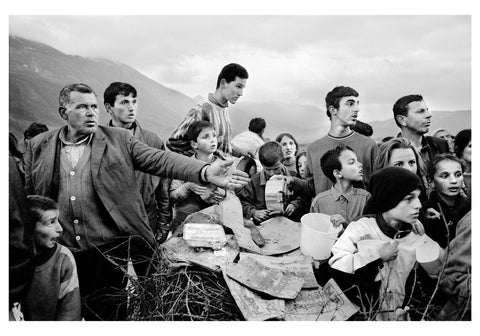
One of the most obvious distinguishing features of this career narrative is Winship’s consistent preference for working in black and white. On one level this has simply been a matter of taste; a link back, perhaps, to the ‘restrained beauty’ of that near-monochrome Humber landscape. But it has not been a purely aesthetic choice. By using black and white she has been able to consciously abstract reality, ensuring her photography’s detachment from the random atmospheric distractions that colour can bring to the rendering of time and place, and so allowing for a more fluid exchange between past and present.



